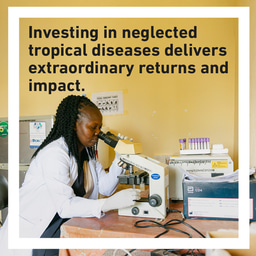The name of current "AI" is misleading- it could not "think" by itself thus is not intelligent at all. Either large language model (LLM) or image/video generation are simply a high-dimensional association analysis at best. However, that doesn't mean it's just a hype. Instead, it is a very sharp tool that requires good training for using.
Two weeks ago, there was a farewell party in our lab to celebrate trainees who got job offers. Three young folks displayed a parody song. The lyrics was very funny and with rhythm; it was sung on music rhyme. Afterwards, they revealed the lyrics was generated by ChatGPT, and the music and the voice were synthesized to match the rhyme of the lyrics by the machine. It was not a song for "America Got Talent"; however, the machine can easily make everyone a song writer and video producer, effectively reducing the cost to be a Youtuber. All you need is the content (which is a much more difficult part- I can foresee the renaissance of liberal art education).
In this video (https://youtu.be/T8ByoAt5gCA?feature=shared ), the host said that the current LLM (e.g. ChatGPT) will run out of training materials in a few years. This is definitely true for all-purpose LLM. However, this is not the case for LLM specialized in, say, biomedical data, which are accumulated exponentially. In terms of image analysis, there are tons of tissue sections in store and accumulating, and more and more they have paired sequencing results. The medical AI will have endless supply of materials for training.
This will dramatically change basic research in biomedical sciences. Imagine that you can predict the consequence of knocking out a gene in signaling pathway and cellular function. Your will no longer try to find the so-called mechanism; your job will be more like validation only. Your understanding of biological theory will become much more important, just like the content of video making in the AI era.
I'd like to suggest current Ph.D. students and postdocs in biomedical sciences sincerely: it doesn't matter if you have computational/data science background, you need to try to get familiar with the emerging AI tools for biomedical research, get training on how to use them. You'll use them in your career, either in academics or in industry, anyway.
Like
Be the first to like this
Artificial Intelligence
Mathematics and Computing > Computer Science > Artificial Intelligence




Please sign in or register for FREE
If you are a registered user on Research Communities by Springer Nature, please sign in